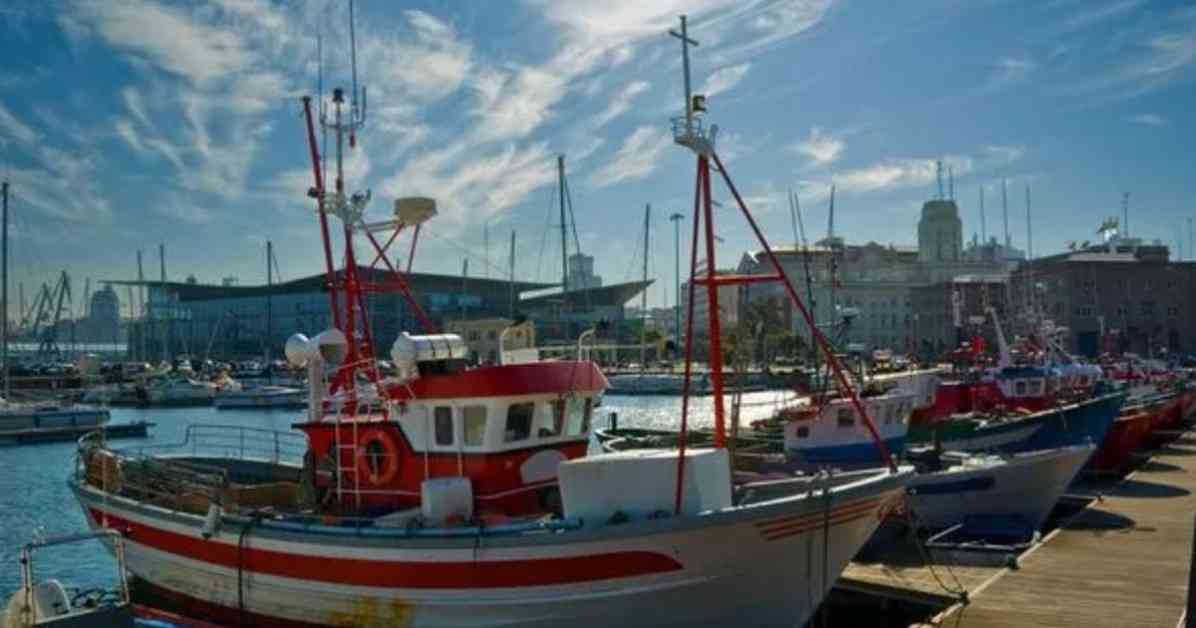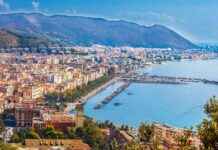Spain to Implement Tourist Tax for UK Visitors
Tourists from the UK planning a trip to Spain may soon have to fork out an additional £29 for entry as the Spanish islands are considering implementing a tourist tax. The Galicia region is leading the charge in introducing new taxes to address the issues arising from overcrowding due to the influx of tourists.
Local officials in Galicia are looking to impose financial taxation on all hotels and accommodation providers, with fees ranging from €0.50 to €2.50 per tourist, which translates to around £2.08. For UK tourists on a 14-day stay, this could mean an additional cost of £29.
Growing Concerns Over Overcrowding
The move to introduce a tourist tax comes in response to the escalating problems caused by overcrowding in the region. In August alone, Galicia welcomed a staggering 815,000 visitors, with the resort of A Illa experiencing an 88% increase in visitor numbers compared to the same period last year. This surge in tourism has put a strain on local resources and infrastructure, prompting authorities to explore new ways to manage the impact of mass tourism.
Regional Government’s Proposal
The regional government of Galicia, known as the Xunta, is currently finalizing its proposal for a tourist tax to be presented to the regional parliament for approval. Xosé Merelles, the director of Tourism of Galicia, recently met with local officials to discuss the implementation of the tax in the city of Santiago, in response to a request from the municipal government.
According to Merelles, the regulatory proposal being developed will provide guidelines for municipalities interested in implementing the tourist tax. While some may view the tax as a necessary measure to address the challenges posed by tourism, others, like José Antonio Cacabelo, mayor of O Grove, believe that the burden of funding should not fall solely on municipalities.
Local Response and Future Outlook
In light of the proposed tourist tax, local officials in Galicia are urging for a thoughtful and responsible approach to its implementation. Samuel Lago, the mayor of Cambados, expressed openness to the idea of introducing a tax if tourism continues to surge in the region. However, there is a collective desire to ensure that the message sent out is not one of discouragement towards visitors, but rather a means to manage the impact of tourism sustainably.
As the discussion around the tourist tax progresses, it remains to be seen how UK tourists and other visitors will respond to the potential additional charges. While the tax may serve as a means to address the challenges of overcrowding and resource management, stakeholders are also considering alternative sources of income to support tourism in the region.
In conclusion, the implementation of a tourist tax in Galicia signals a growing awareness of the need to balance the benefits of tourism with the challenges it presents. As authorities work towards finding sustainable solutions, it is essential for all stakeholders to engage in constructive dialogue and collaboration to ensure the long-term viability of tourism in the region.



























